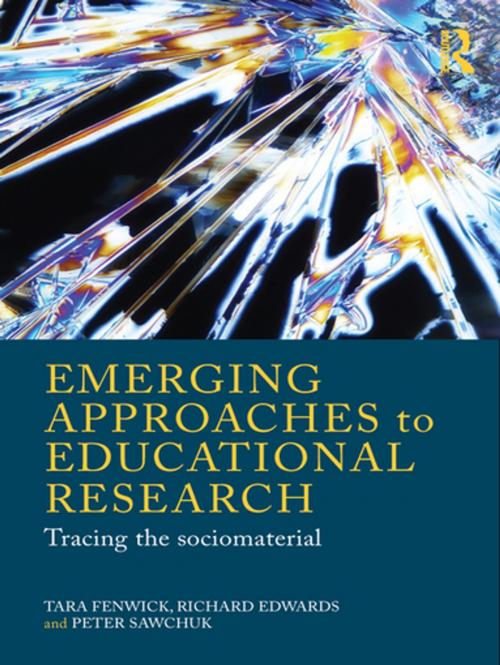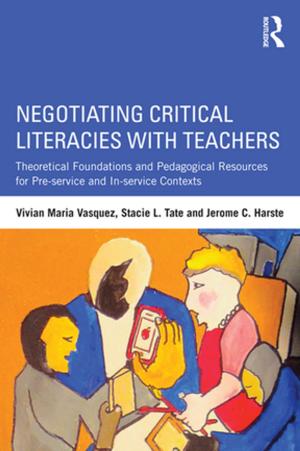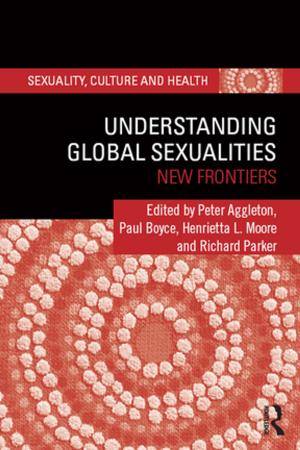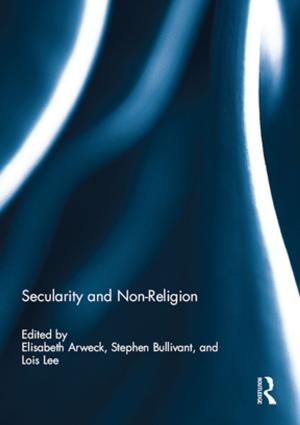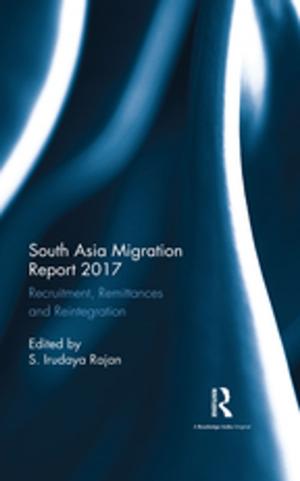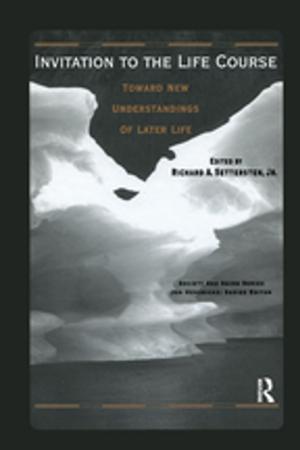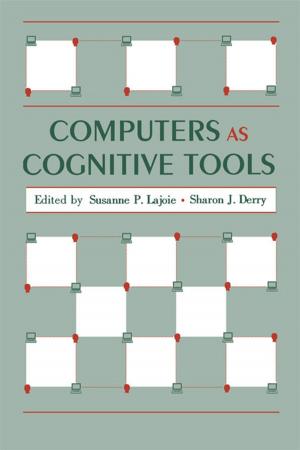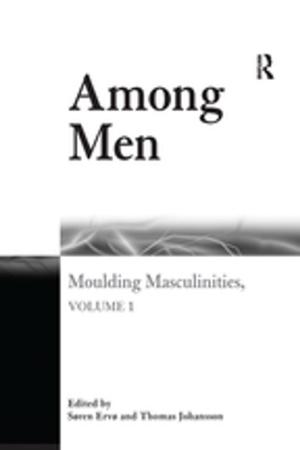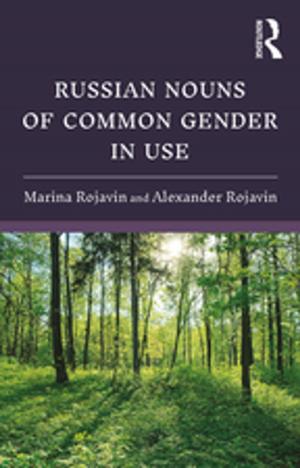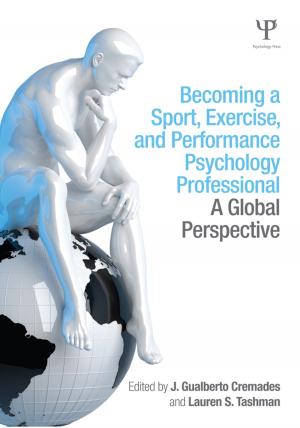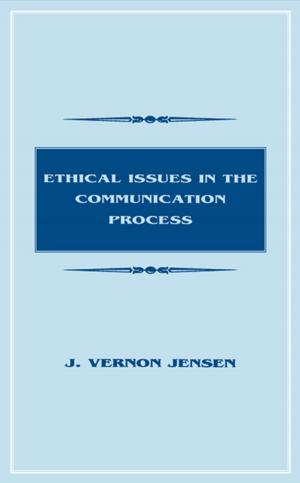Emerging Approaches to Educational Research
Tracing the Socio-Material
Nonfiction, Reference & Language, Education & Teaching, Educational Theory, Adult & Continuing Education| Author: | Tara Fenwick, Richard Edwards, Peter Sawchuk | ISBN: | 9781136730177 |
| Publisher: | Taylor and Francis | Publication: | April 8, 2015 |
| Imprint: | Routledge | Language: | English |
| Author: | Tara Fenwick, Richard Edwards, Peter Sawchuk |
| ISBN: | 9781136730177 |
| Publisher: | Taylor and Francis |
| Publication: | April 8, 2015 |
| Imprint: | Routledge |
| Language: | English |
The last fifteen years have seen much conceptual and methodological innovation in research on education and learning across the lifecourse, bringing both fresh insights and new dilemmas. This innovation was initially fuelled by the growing influence of conceptual framings often named as either post-structural or postmodern. The works of Foucault, Derrida and Lyotard have variously found their way into the canons of educational research, and in more recent years, the influence of the work of Deleuze and Guattari has also grown. This work has proved controversial both in the challenges it has raised for the purposes and practices of education and training but also over the assumptions underpinning such work.
As part of and also in response to the influence of post-structuralism and postmodernism in the social sciences, there have emerged and developed a further range of conceptual and methodological framings which are more relational, system and practice-focussed. Several of these framings work with a non-linear understanding of causality and embrace unpredictability in the world and undecidability in our understanding of it. They also challenge any notion of a strong boundary between the social and natural sciences.
This book explores the most significant four of these framings, how they are being taken up in research in education and learning across the lifecourse, as well as their possibilities and limitations:
- complexity science
- cultural historical activity theory (CHAT)
- actor-network theory (ANT)
- spatiality theories.
Illustrated throughout with examples drawn from educational contexts across the life courses, including schooling, post-compulsory education and training, educational policy, workplace and community-based education in North America, the UK, and Australia this vital guide to understanding fresh ways of conducting and understanding educational research will prove essential reading for everyone undertaking educational research in the modern world.
The last fifteen years have seen much conceptual and methodological innovation in research on education and learning across the lifecourse, bringing both fresh insights and new dilemmas. This innovation was initially fuelled by the growing influence of conceptual framings often named as either post-structural or postmodern. The works of Foucault, Derrida and Lyotard have variously found their way into the canons of educational research, and in more recent years, the influence of the work of Deleuze and Guattari has also grown. This work has proved controversial both in the challenges it has raised for the purposes and practices of education and training but also over the assumptions underpinning such work.
As part of and also in response to the influence of post-structuralism and postmodernism in the social sciences, there have emerged and developed a further range of conceptual and methodological framings which are more relational, system and practice-focussed. Several of these framings work with a non-linear understanding of causality and embrace unpredictability in the world and undecidability in our understanding of it. They also challenge any notion of a strong boundary between the social and natural sciences.
This book explores the most significant four of these framings, how they are being taken up in research in education and learning across the lifecourse, as well as their possibilities and limitations:
- complexity science
- cultural historical activity theory (CHAT)
- actor-network theory (ANT)
- spatiality theories.
Illustrated throughout with examples drawn from educational contexts across the life courses, including schooling, post-compulsory education and training, educational policy, workplace and community-based education in North America, the UK, and Australia this vital guide to understanding fresh ways of conducting and understanding educational research will prove essential reading for everyone undertaking educational research in the modern world.
